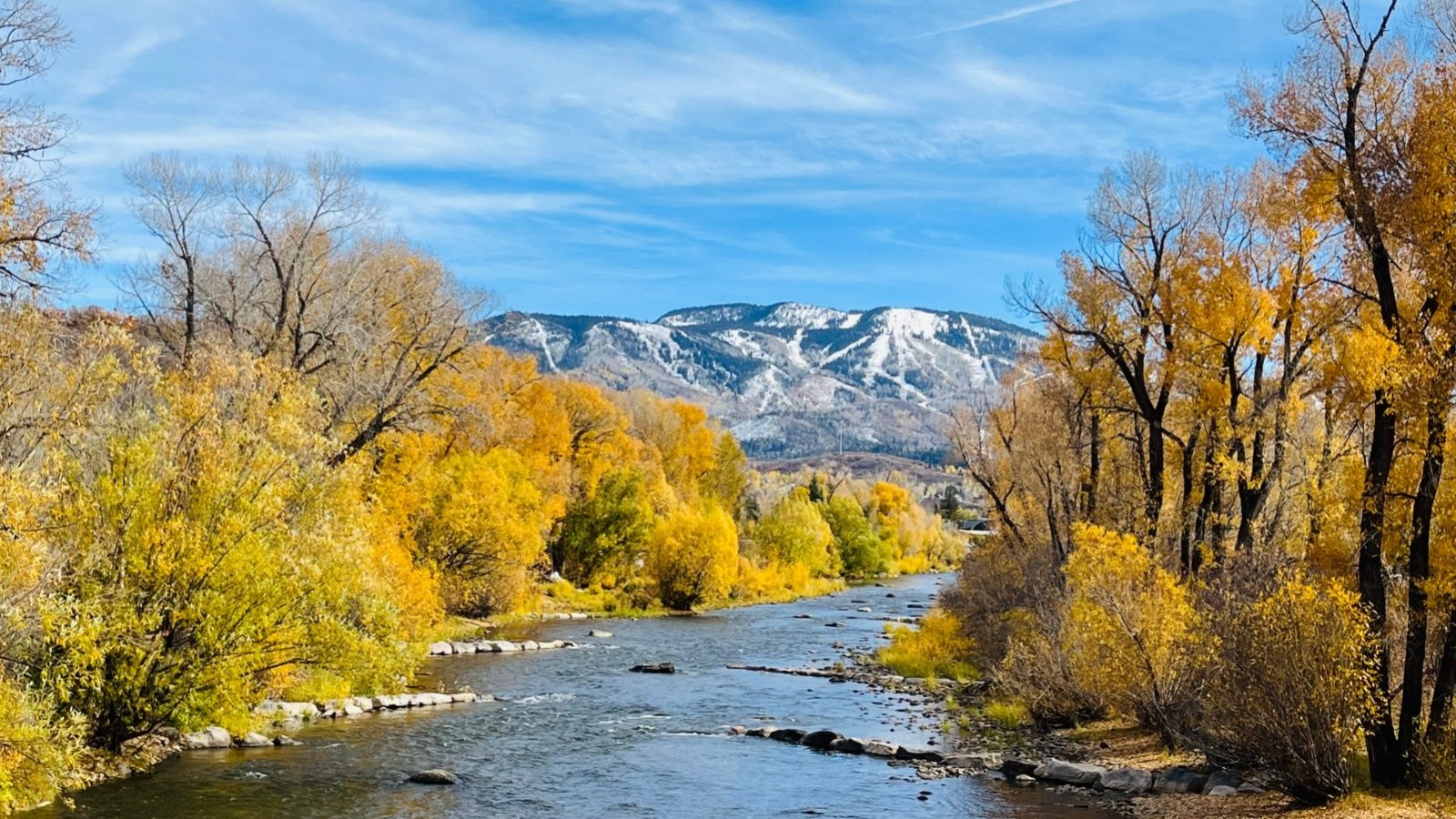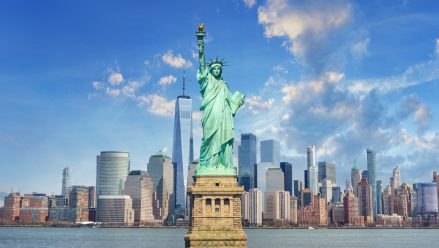Operators in Colorado appear close to having to pay more taxes, but not through an increase. State lawmakers there continue to work on a tweak that would eliminate promotional deductions. The issue is one of a handful that state legislatures and regulators considered this week.
Among the others: A pair of bills that would legalize retail and digital sports betting in Oklahoma are headed to the senate floor despite opposition from the governor. But Rep. Ken Luttrell has created a back door that could take Gov. Kevin Stitt out of the equation. In Ohio, the regulator is opening a comment period on a rule change about identity verification.
Here is our look at key legislative and regulatory news for the week.
Colorado
Looking to get more money for water projects in the state, the Senate Appropriations Committee on Friday advanced HB 1311, which would sunset the ability for operators to deduct sports betting promotional bets. The bill passed out of the House on Monday, 52-13, and out of the Senate Finance Committee on Thursday, 9-0.
The vote was closer — 5-2 — in the Appropriations Committee. The two senators who voted against said they did so because they have more questions.
Sen. Dylan Roberts said the effective sports betting tax rate in the state is 5.9%, which would put it at or near the bottom of effective tax rates across the country. He also said that in negotiations to move the bill, lawmakers agreed not to put forth a ballot measure raising the 10% tax rate for at least two years. During the meeting, amid discussion of where operators stand on the change, Roberts said, “I just got a lifeline … the SBA is not opposed.”
The Sports Betting Alliance (SBA) is comprised of BetMGM, DraftKings, Fanatics Sportsbook, and FanDuel. All four operate in Colorado.
There was much back-and-forth on the bill. When Colorado legalized, state law allowed generous promotional deductions and a low tax rate. Tax revenue from sports betting is earmarked for state water projects. HB 1311 is not considered an additional tax, Roberts said, but merely making more operator revenue subject to an existing tax.
He also said that in discussions around the statehouse, there is an agreement that the legislature won’t run a ballot initiative to raise sports betting taxes for the next two years.
“I am not party to any agreements to this, and I think we should raise taxes,” Sen. Jeff Bridges said. “This is a giant sucking sound of money from the state of Colorado and, if we can get a little bit more of that back so we can build some water projects in the state, that seems like a no-brainer to me.”
From here, the bill heads to the senate floor.
Oklahoma
Oklahoma lawmakers are aiming to legalize sports betting in their state, even though Stitt says he’ll veto a bill that would give the tribes exclusivity. Tuesday, HB 1047 and HB 1101 were sent to the Senate floor for a vote, though none has happened yet. Both bills have passed the House.
HB 1047 calls for at least four tribes to compact with the state for sports betting and includes a model compact supplement. The tribes would pay the state a 10% revenue share. If approved — Stitt has said that he would veto it — the bill would become effective Nov. 1, though it is unlikely that sports betting could go live at the time. Tribes must compact, and the compacts must be approved by the U.S. Dept. of the Interior, which would have 45 days to decide. The compacts must then be published in the Federal Register.
In addition, tribes would likely have to partner with operators or back-end technology companies to operate sports betting.
HB 1101 would not require Stitt’s signature. That bill would send the decision to legalize to voters on the November 2026 ballot. The language in HB 1101 mirrors the language in HB 1047, including the 10% revenue share and the model compact supplement. HB 1101 can only move forward if HB 1047 does not become law.
Oklahoma’s legislature is scheduled to adjourn May 30. Stitt, who has a fraught relationship with Indian Country, said he will not sign a bill that gives the tribes exclusivity. He has pushed forward his own legal sports betting agenda, which includes allotting a sports betting license to the NBA’s Oklahoma City Thunder.
“We need more of a free market accountable system,” Stitt said during a press conference in early March, according to The Oklahoman. “(The tribes are) big businesses. They can sign up, and they can do the exact same thing that the Thunder or somebody else can, but I don’t want to give a monopoly exclusively to the tribes that are a very reduced number.”
Ohio
The Ohio Casino Control Commission (OCCC) on Friday opened a public comment period around account verification in an effort to “ensure patrons using the accounts are truly the account holder.”
The OCCC is proposing an update to Rule 3775-16-03, Sports Gaming Accounts. The commission would like to remove “physical” verification of government-issued IDs and “including the use of verification software designed to confirm the authenticity of the identification.” It is also proposing that operators compare IDs with photos or video.
The comment period will be open until 5 p.m. EST May 16, and stakeholders can submit comments to [email protected].
Pennsylvania
Pennsylvania’s regulator is not on board with prediction markets offering sports contracts. Kevin O’Toole, executive director of the Pennsylvania Gaming Control Board, had planned to testify at the ultimately cancelled Commodity Futures Trading Commission (CFTC) roundtable on the subject this week. Instead, he submitted his 13 pages of testimony.
Among other revealing passages, O’Toole wrote: “With all due respect to this body, it would
take years for the CFTC to create the regulatory system and oversight that state gaming authorities have in place and, were you to do that, it would create a redundancy to something that already exists and works exceptionally well.”






